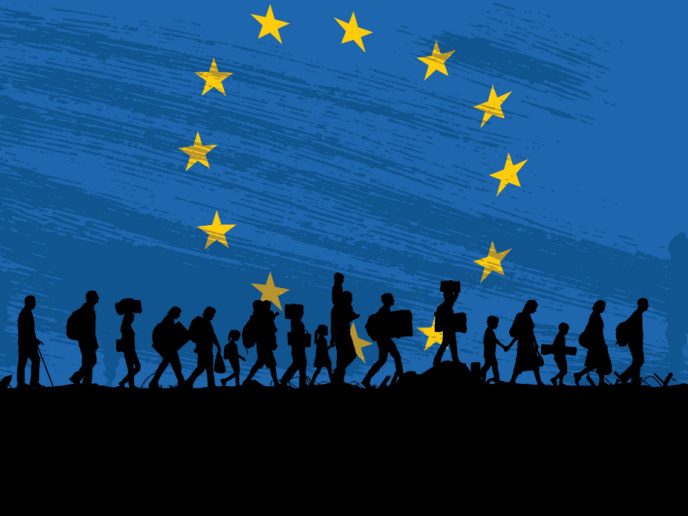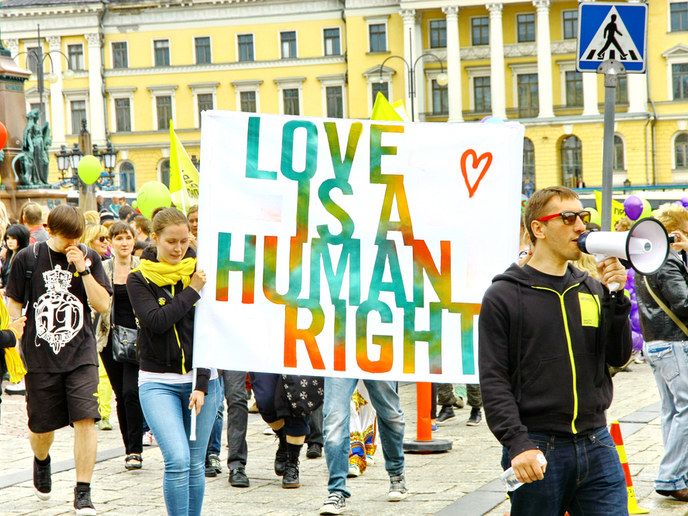Digital tools support migrant integration in European cities
In recent years, the high rise in migrant flows, especially asylum seekers and refugees, has raised concerns about how best to integrate these groups across Europe. As a result, the topic has been high on the EU agenda since then. Administrations faced challenges in several areas: how to improve the management of migrant integration into host communities, facilitate the opportunities for migrants to participate in society, and build up capacity for responding to future migration challenges on various levels.
Successful integration into European society
To address these issues, the EU-funded MICADO(opens in new window) project developed an integrated, ready-to-use solution that can be adapted by local stakeholders to their respective challenges. The developed technical solution is well-documented. Information on the functions and implementation is accessible on an open-source basis. Additionally, a solutions exchange portal(opens in new window) was set up to collect tutorials and descriptions of best practices in managing the integration of migrants into urban societies across the EU. The solution supports public administrations in facilitating migrants’ access to housing, education, healthcare and the labour market. These four social systems are widely considered as key to successful integration. “Public administrations can easily, faster and more effectively welcome and integrate migrants into local communities by providing efficient integration procedures and enabling direct communication and exchange with civil society organisations (CSOs) and migrants themselves,” explains Jörg Noennig, project coordinator and professor at HafenCity University Hamburg(opens in new window) in Germany.
Digital services for social integration and exchange
Three apps(opens in new window) allow cooperation and information exchange between migrants, public administrations and CSOs. Each app offers easy access to many and varied services. Migrants have at their fingertips a large amount of basic information covering topics such as applying for subsidised housing and residence permits, obtaining public health insurance and finding jobs. Public administrations can access and share current migration statistics, disseminate information and step-by-step guides for integration processes as well as promote events and courses. CSOs can promote their services to migrants, share relevant information on local integration processes, and advertise courses and events. Content is available in Arabic, Chinese, Dari, Dutch, English, German, Italian, Russian, Spanish, Ukrainian and Urdu. A voice-over function enables inclusive access for users with limited literacy skills. A glossary explains key terms and a chatbot(opens in new window) provides further assistance to users. Different cities can easily adapt the platform to local context, language and administrative procedures. The digital tools were successfully piloted in Antwerp, Bologna, Hamburg and Madrid. They were then adapted by the local communities. “MICADO will empower public authorities, local communities and migrants with more efficient and effective digital services and information dissemination,” concludes Noennig. By involving end users in the development of migrant integration services early on, MICADO will also help to strengthen cohesion in local societies and communities. In addition, it will build up trust and contribute to a perception of migration issues based on factual information.







